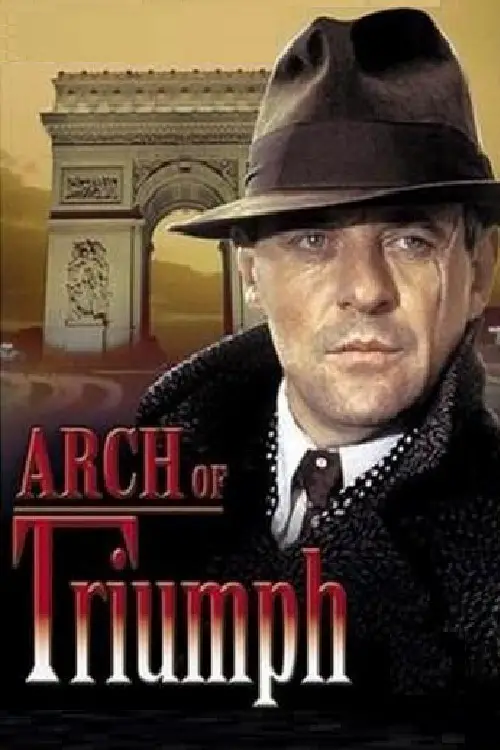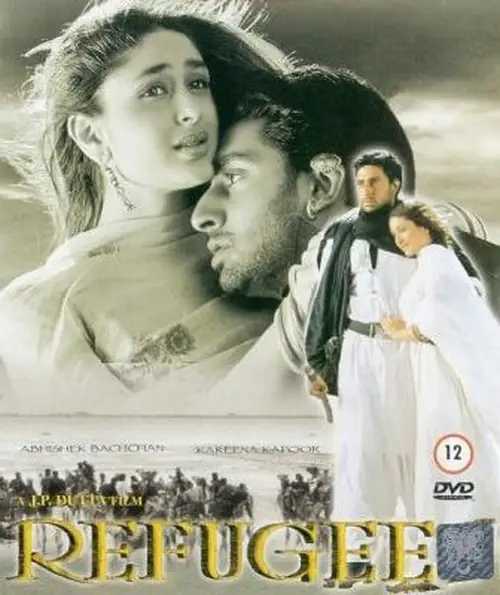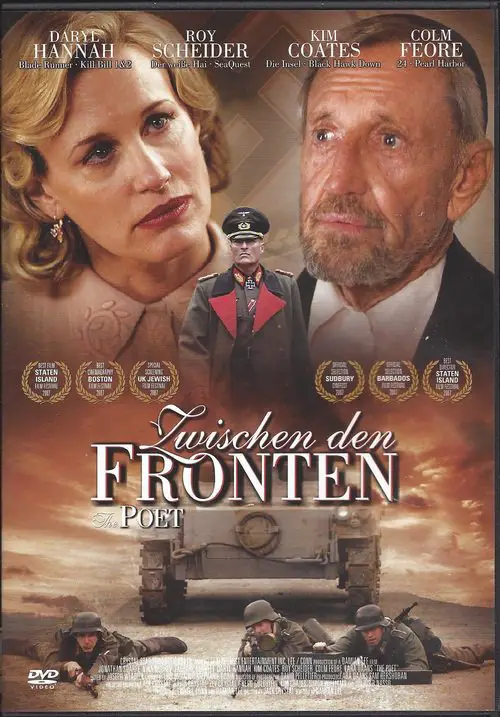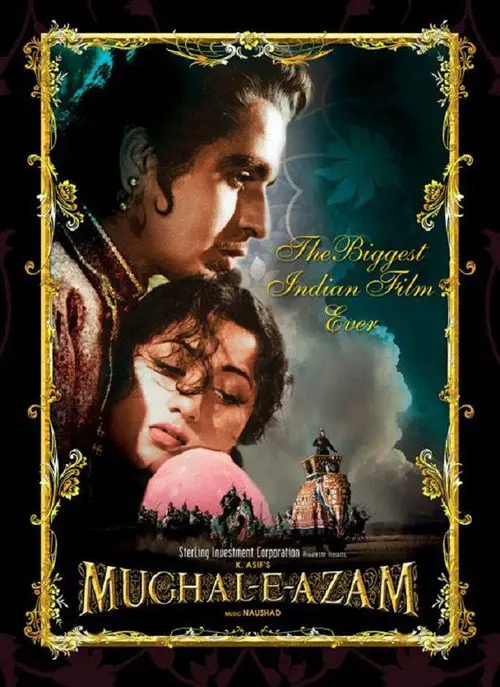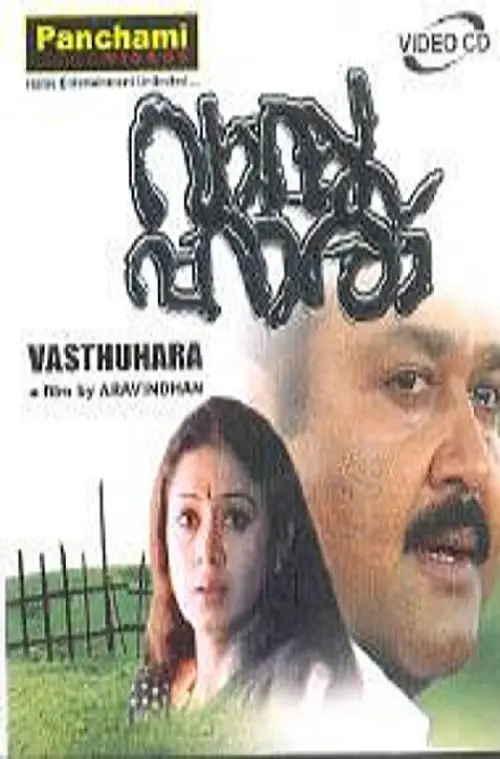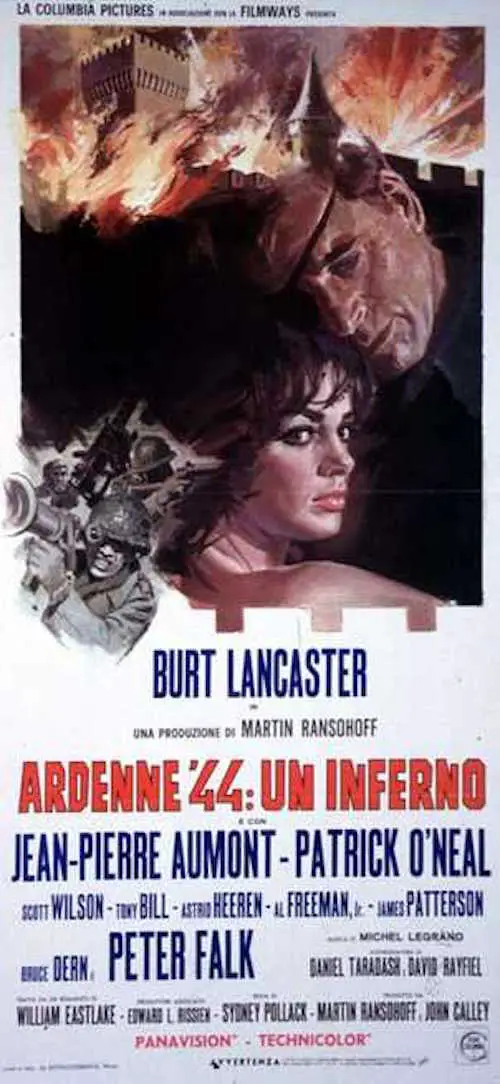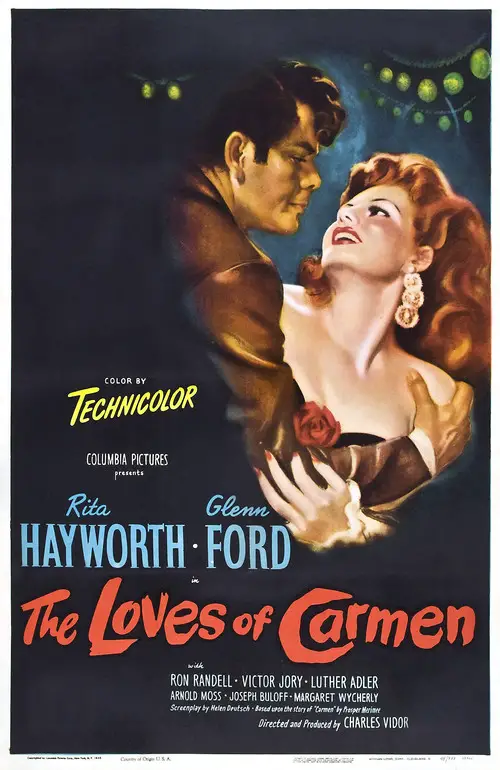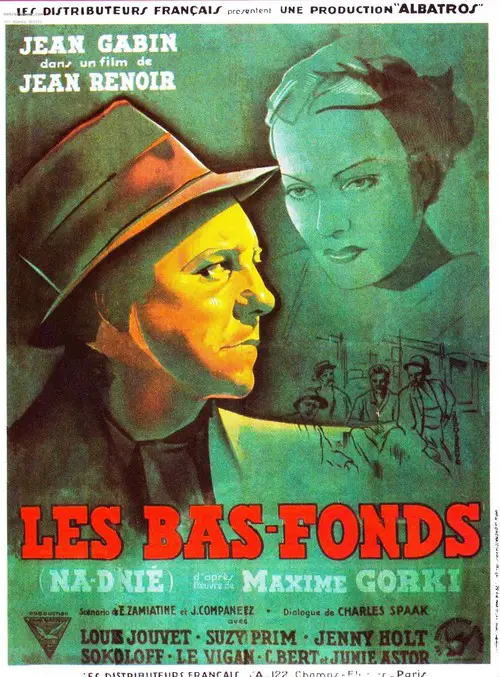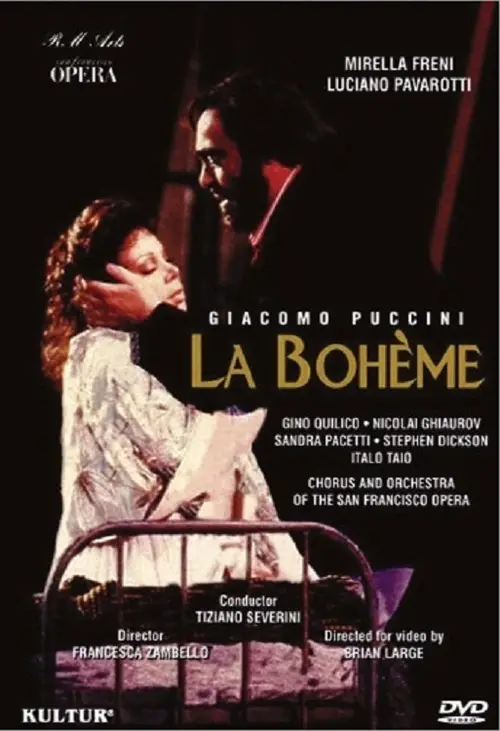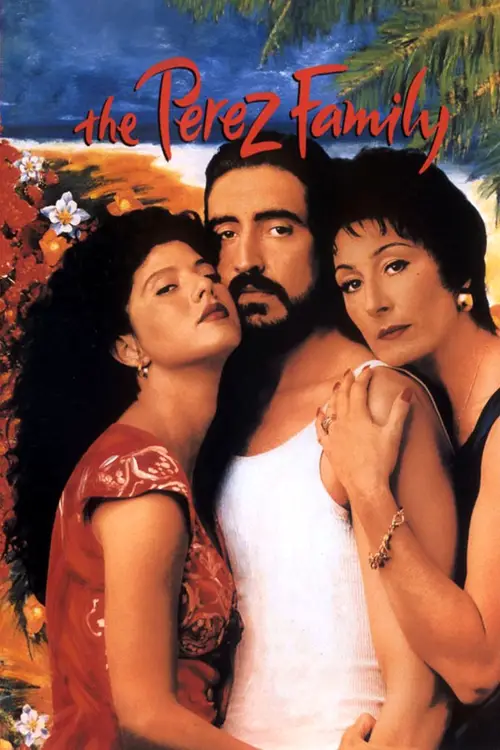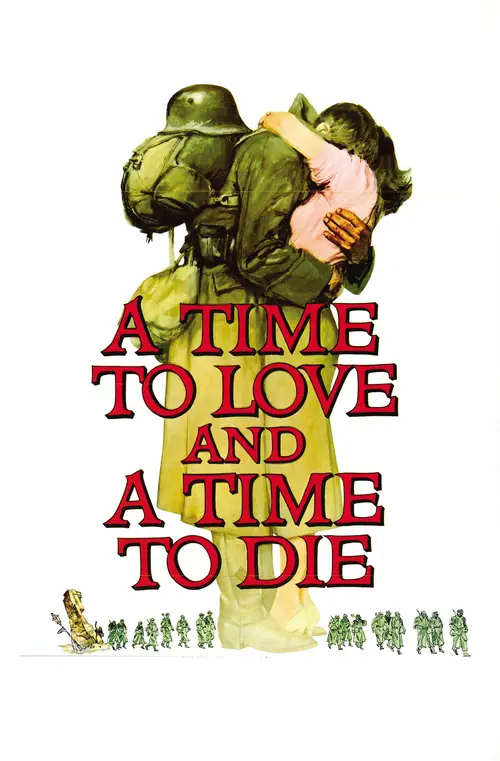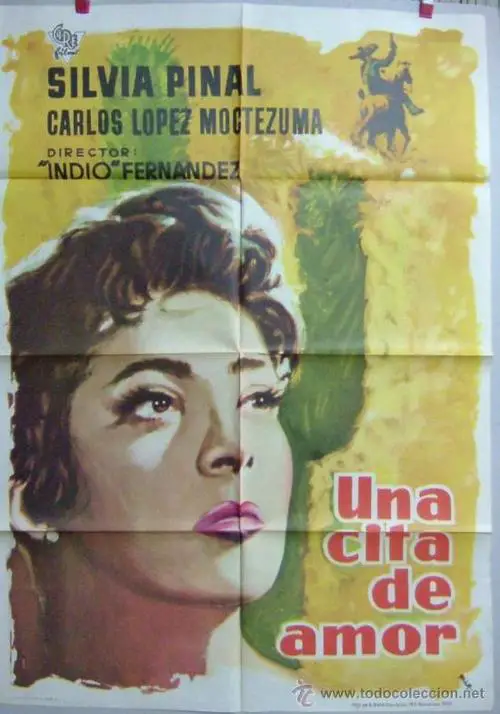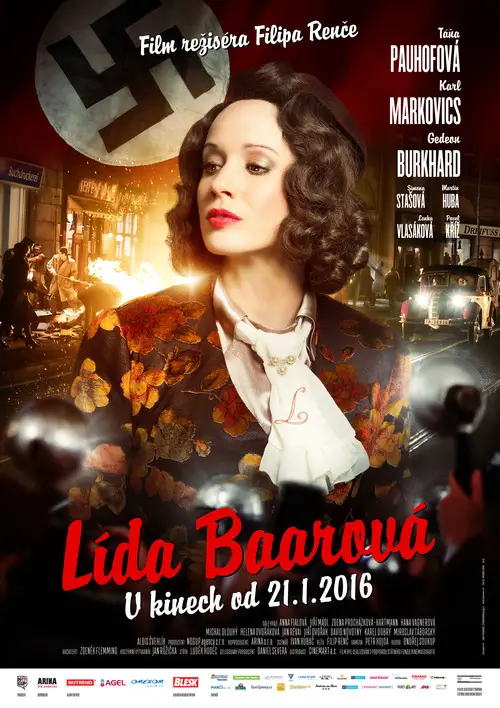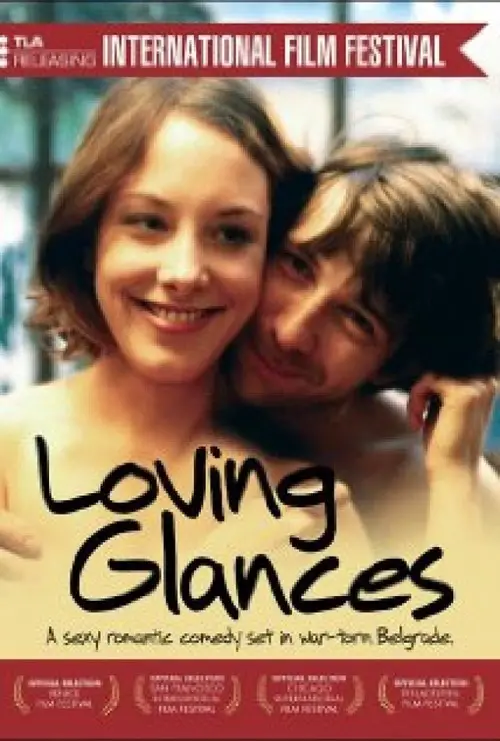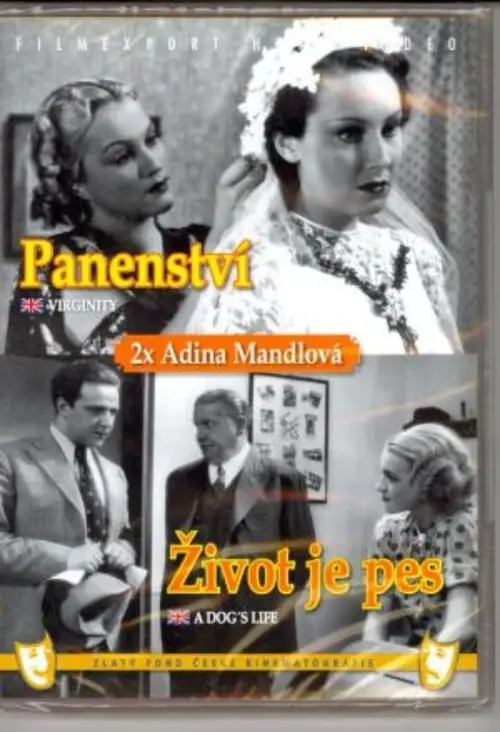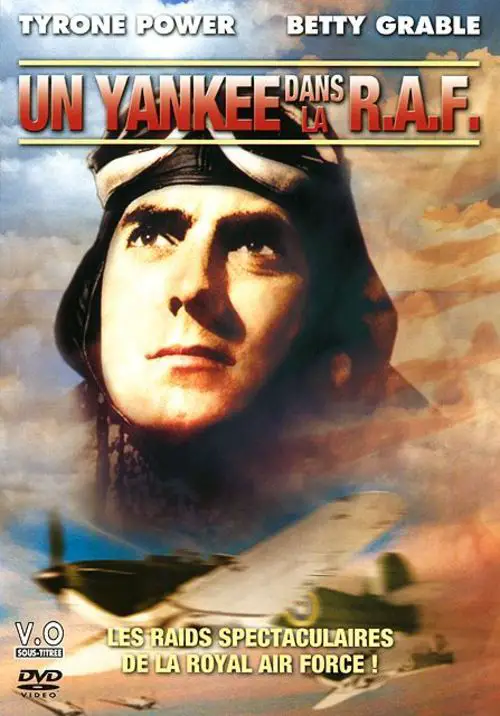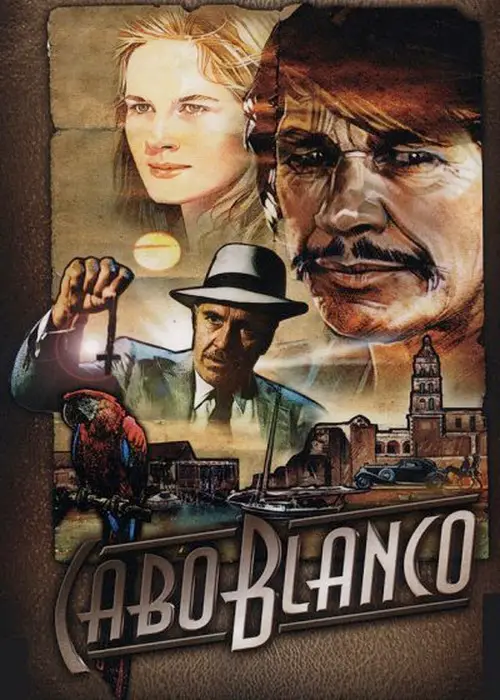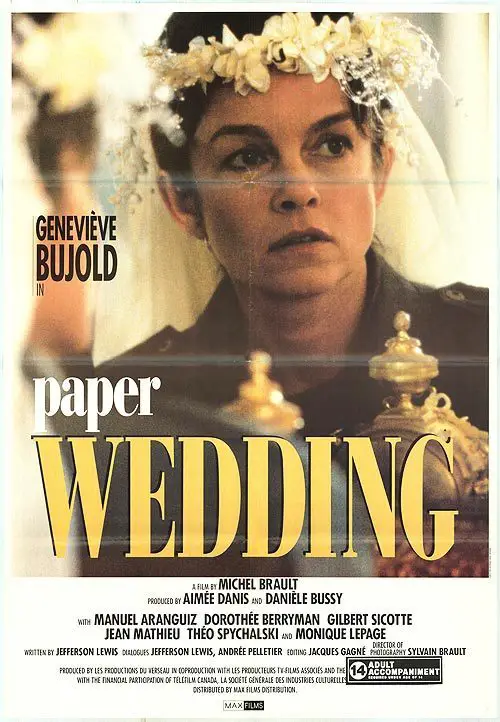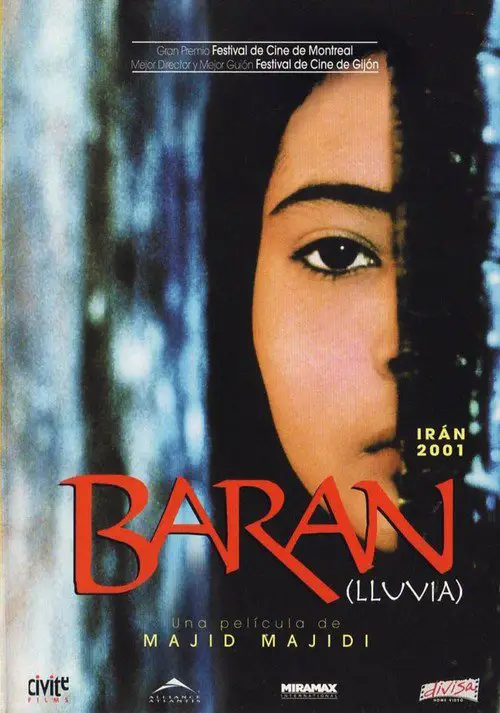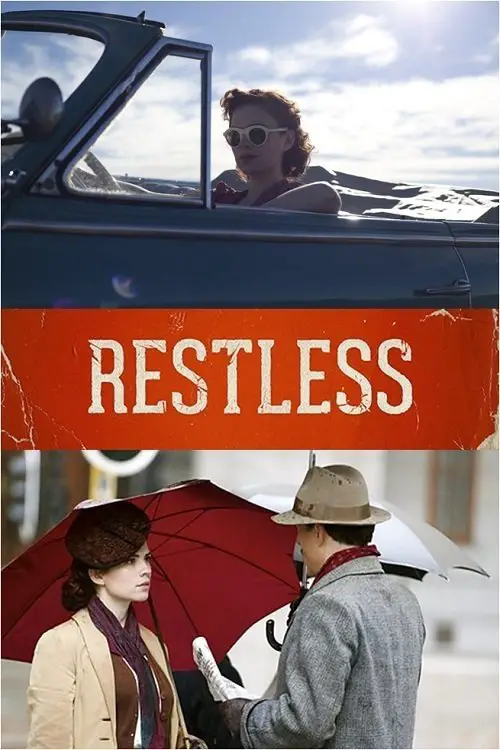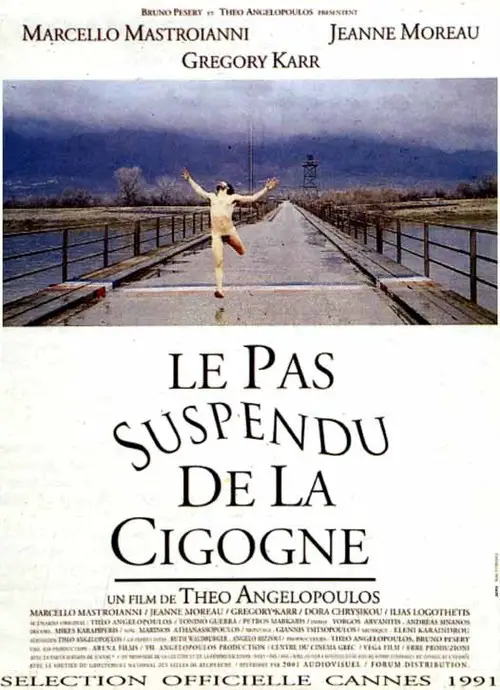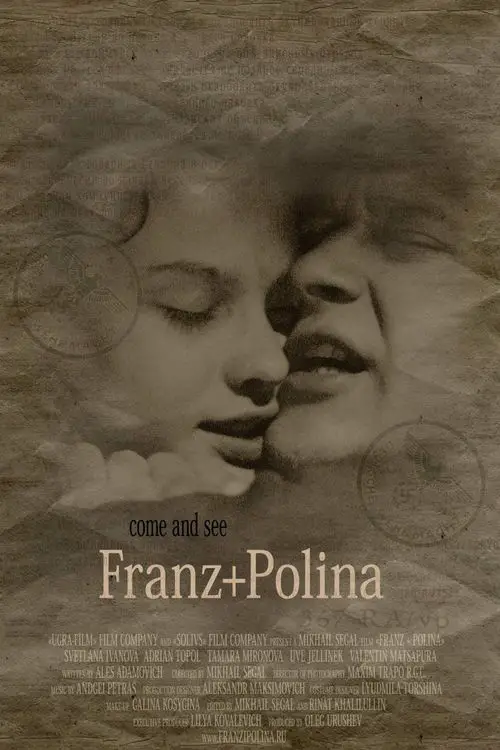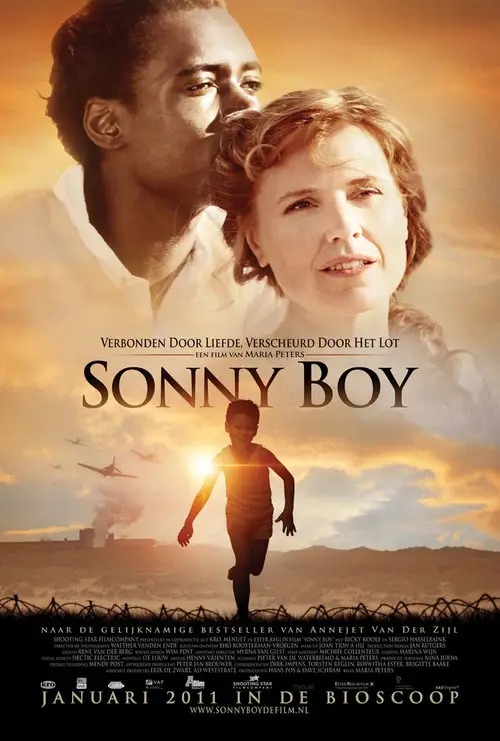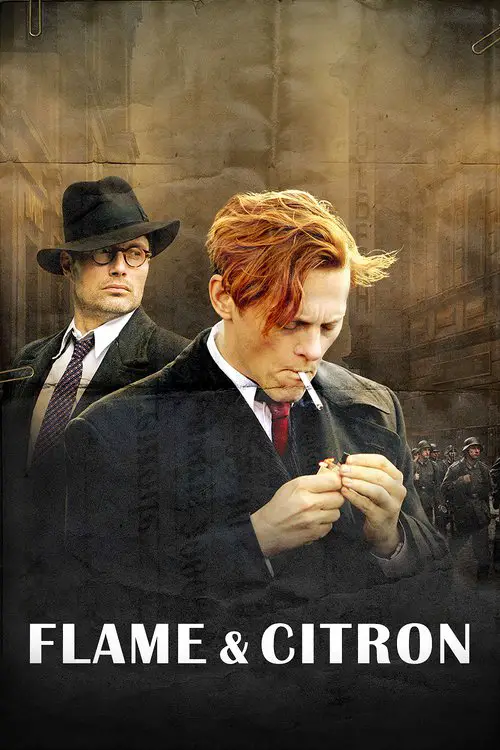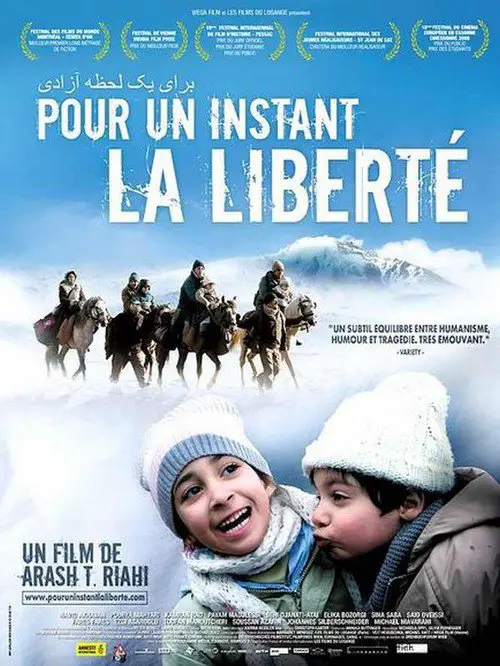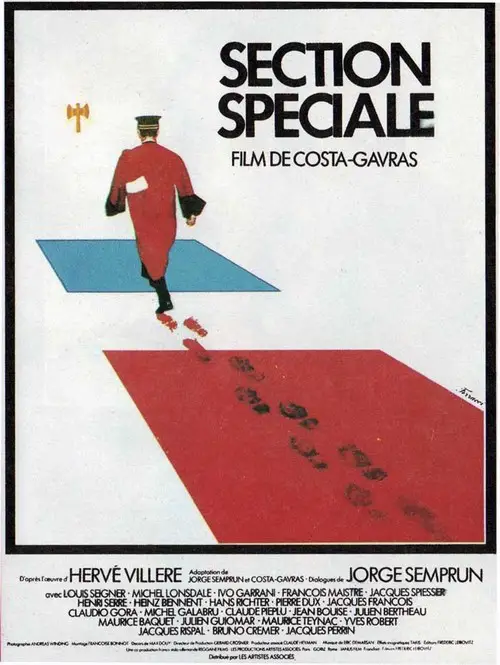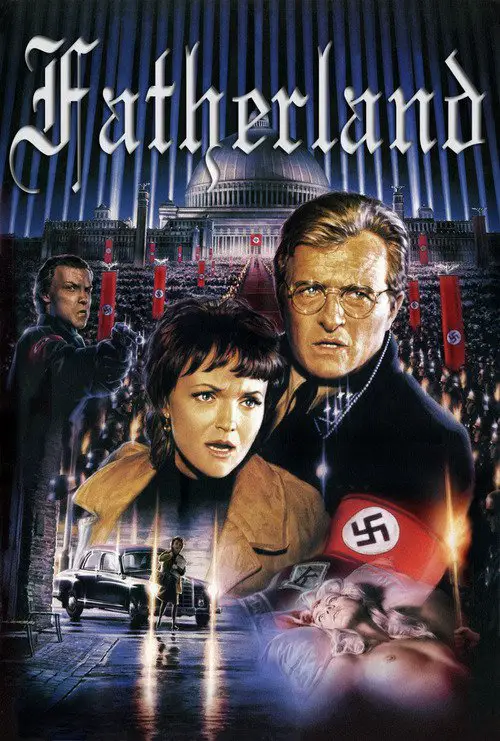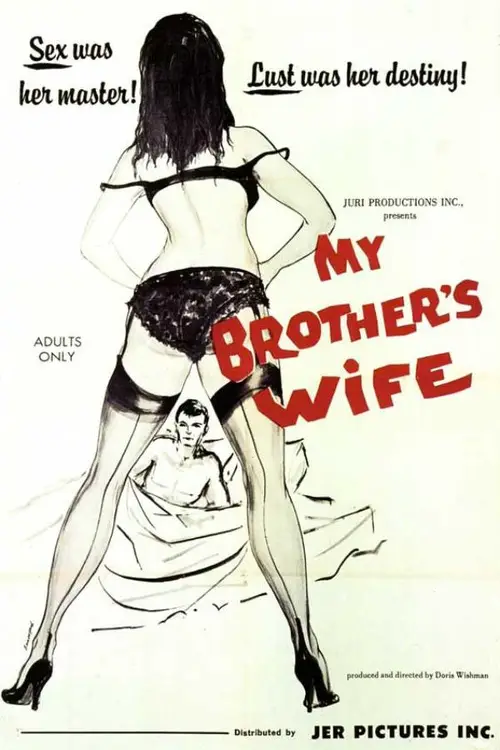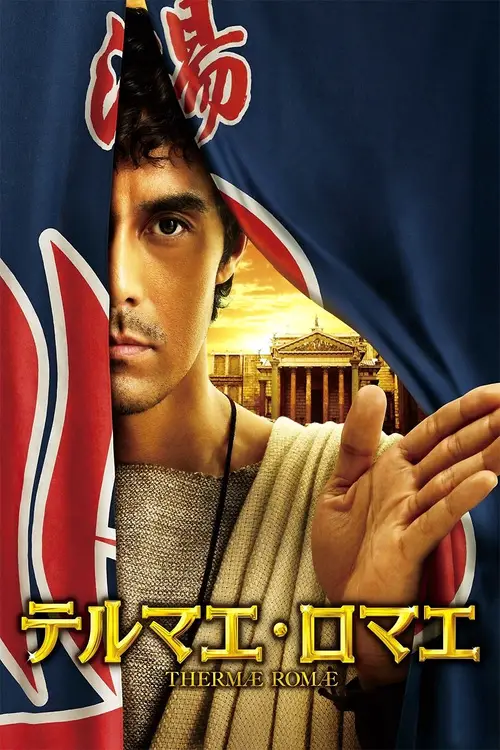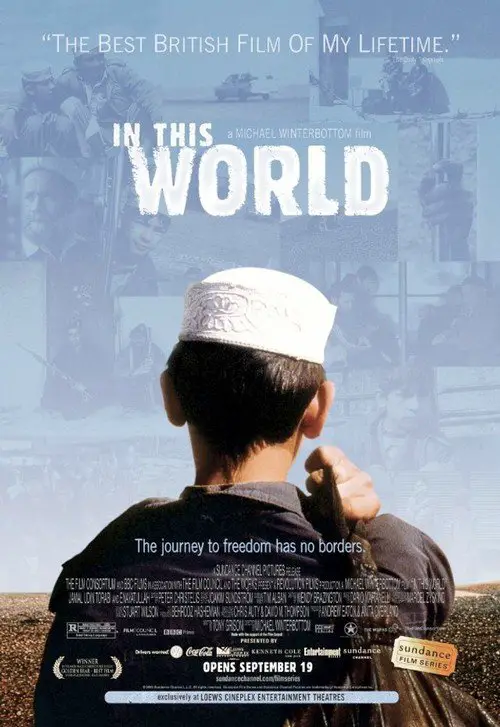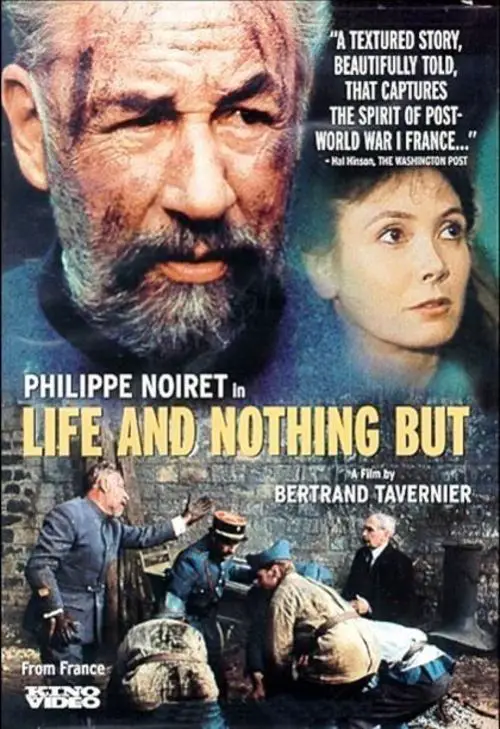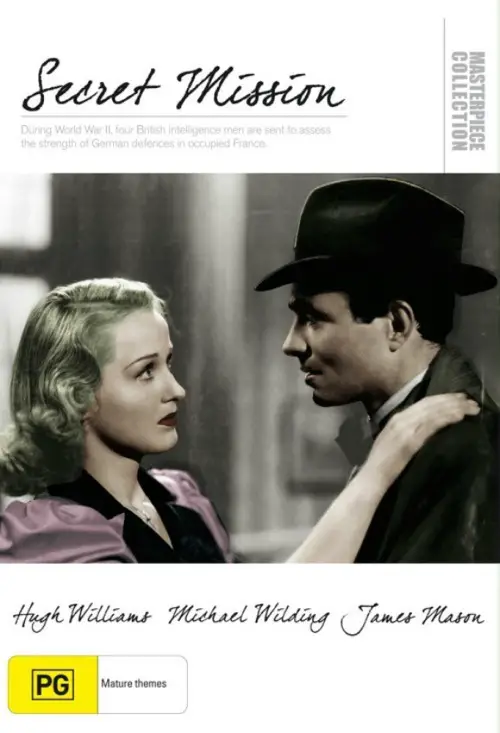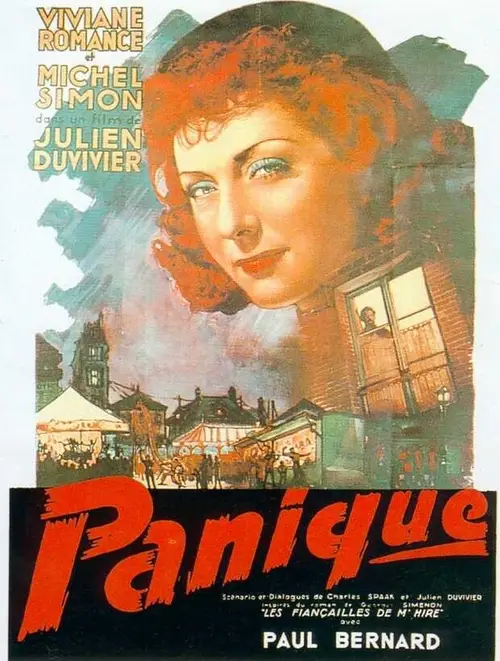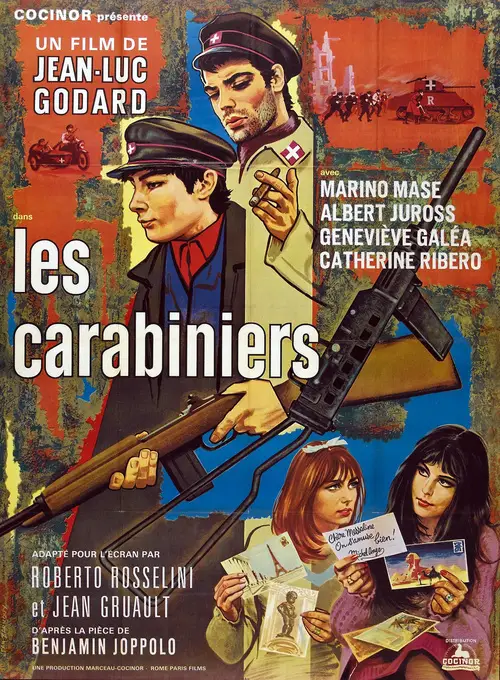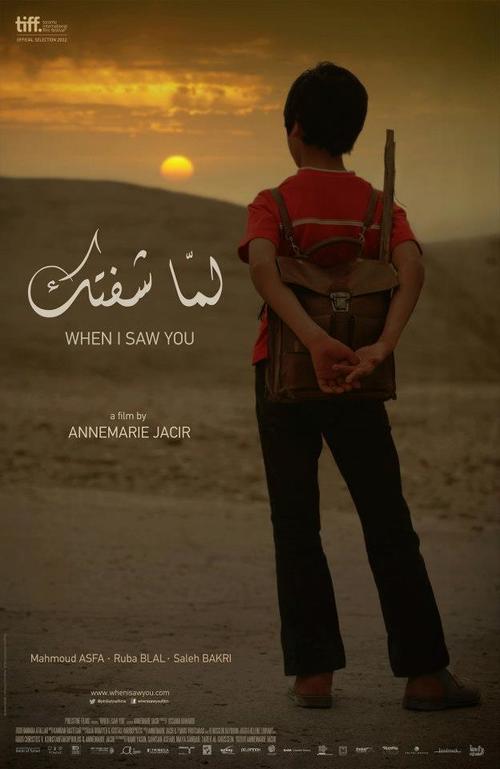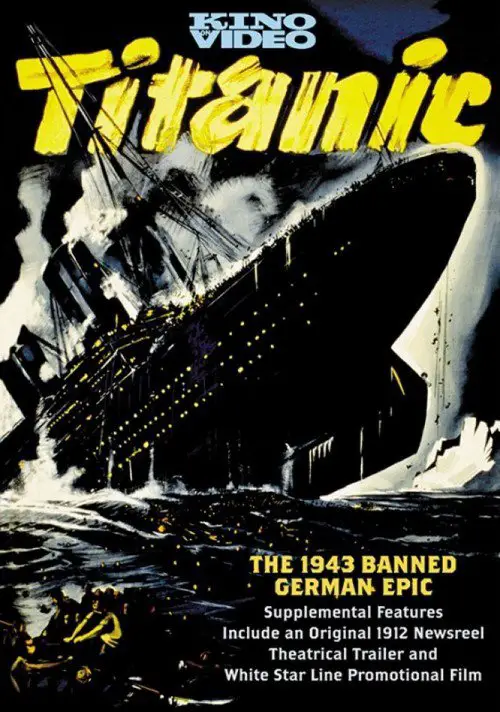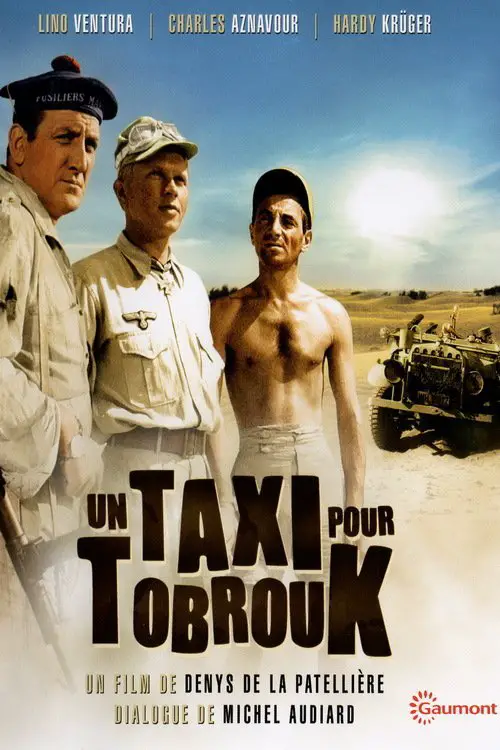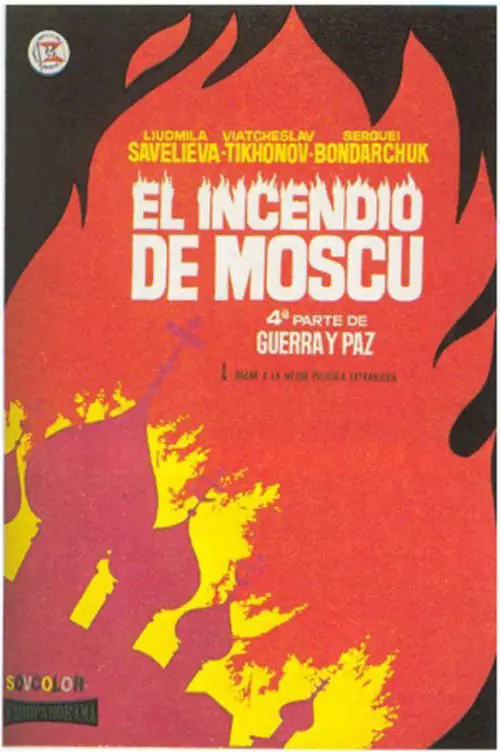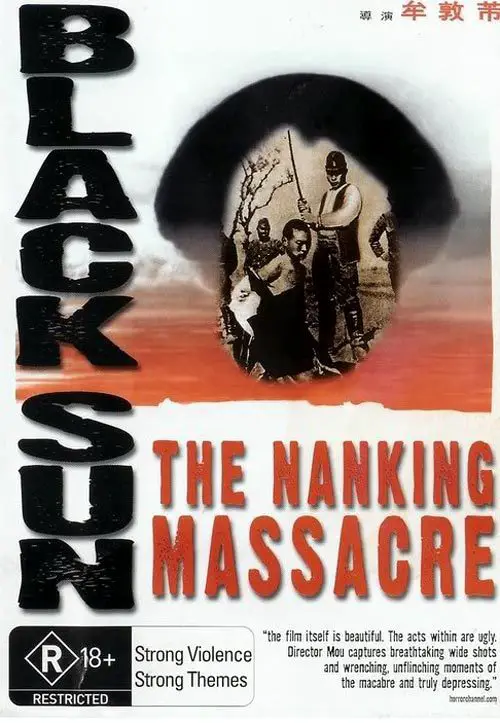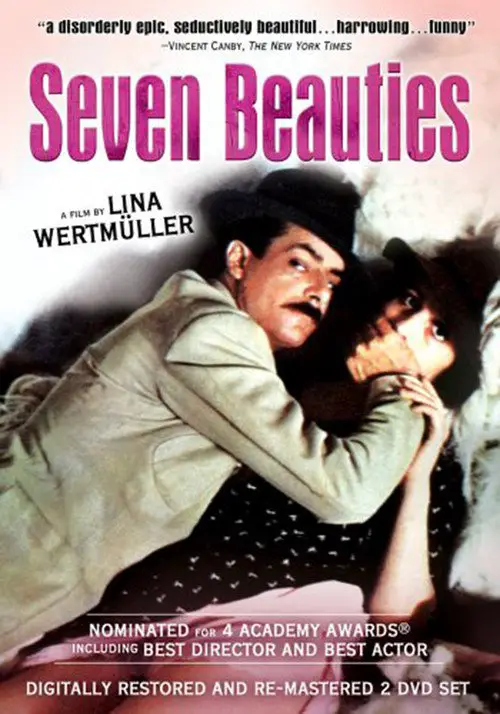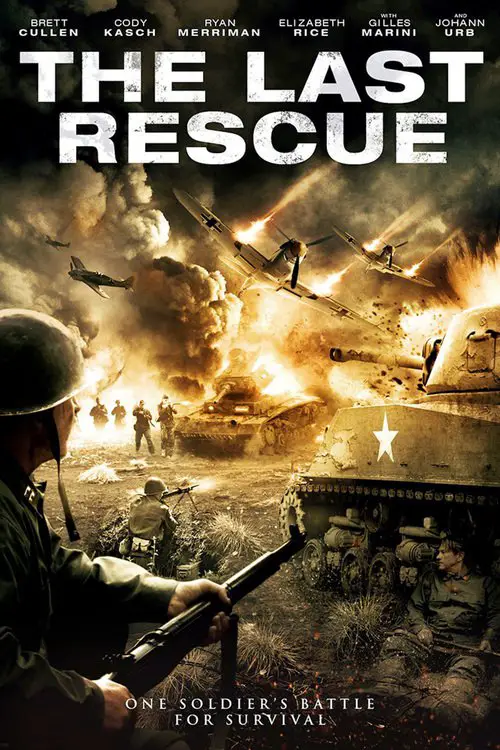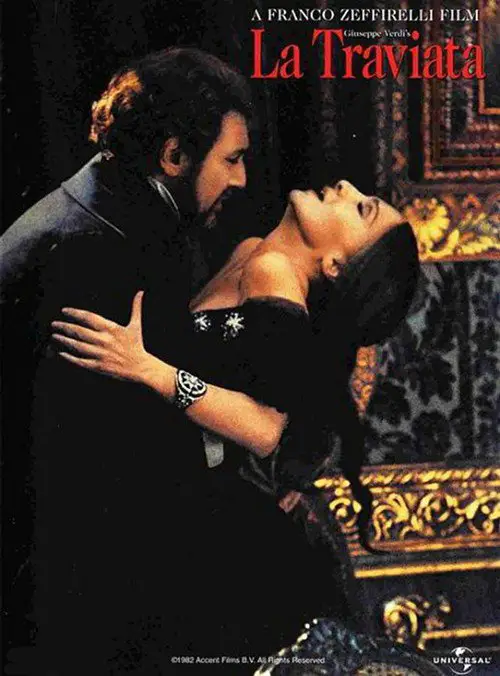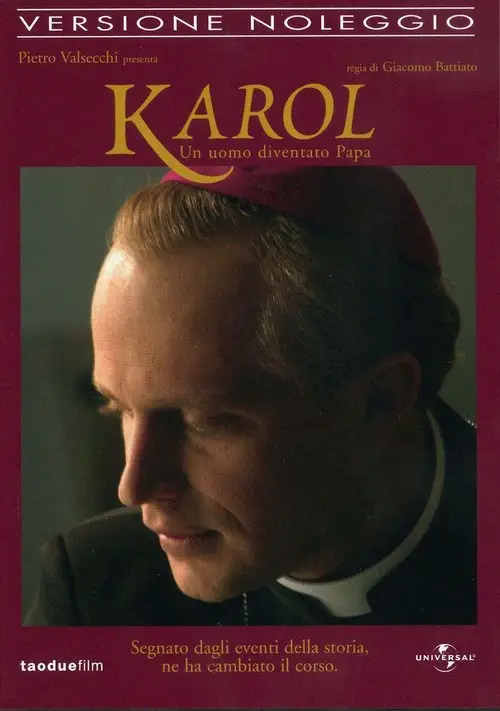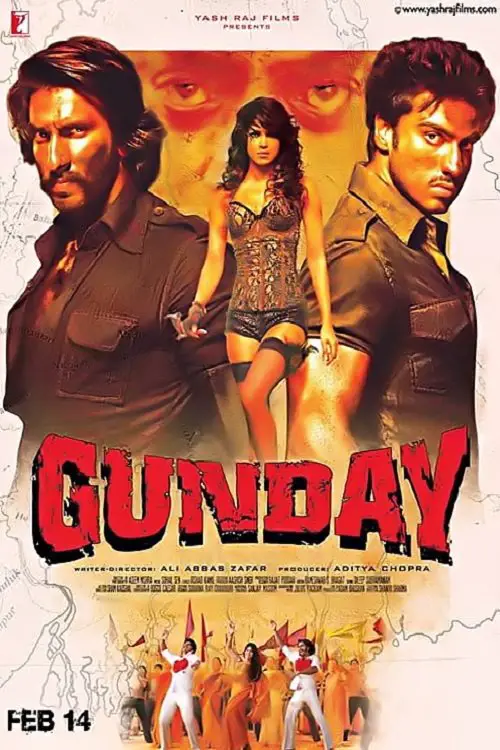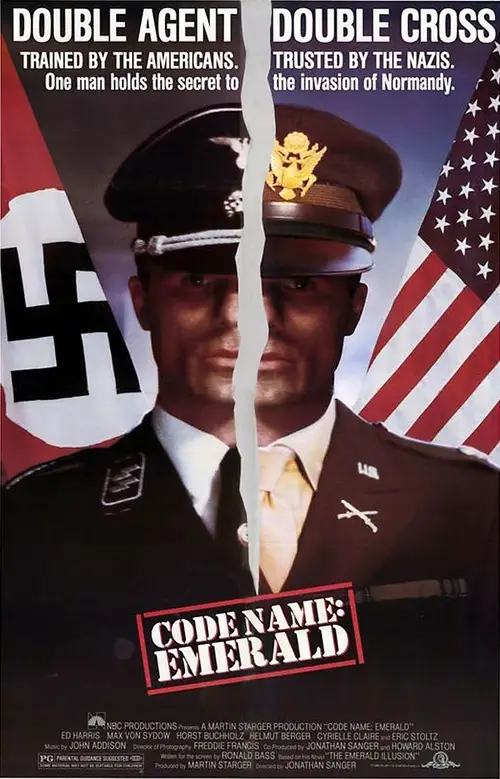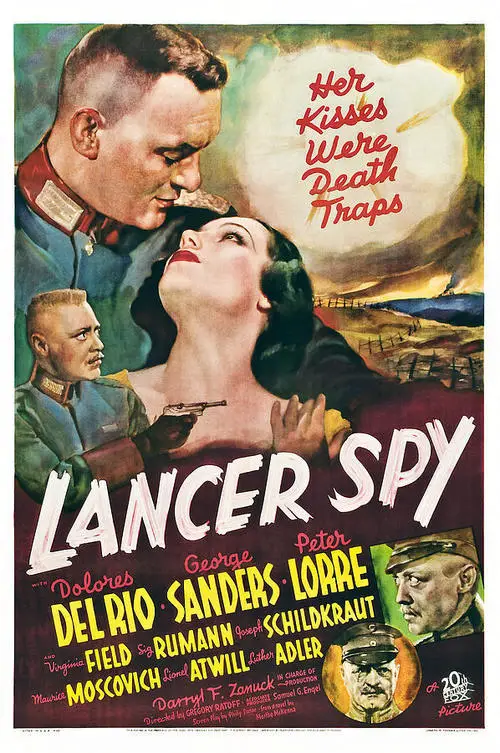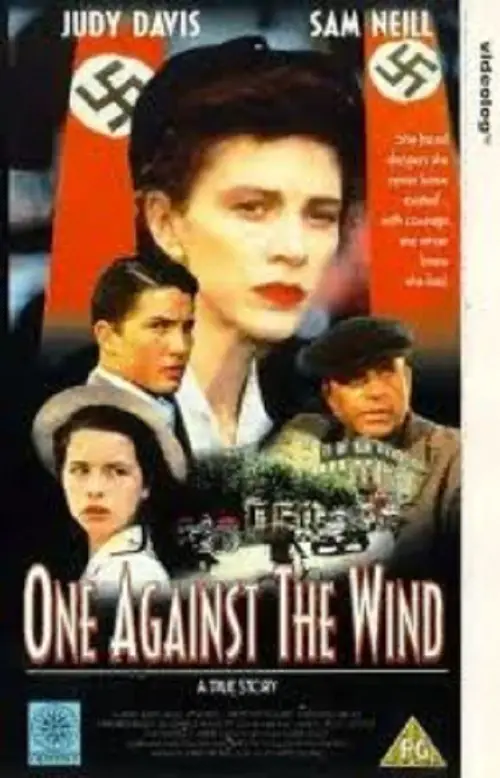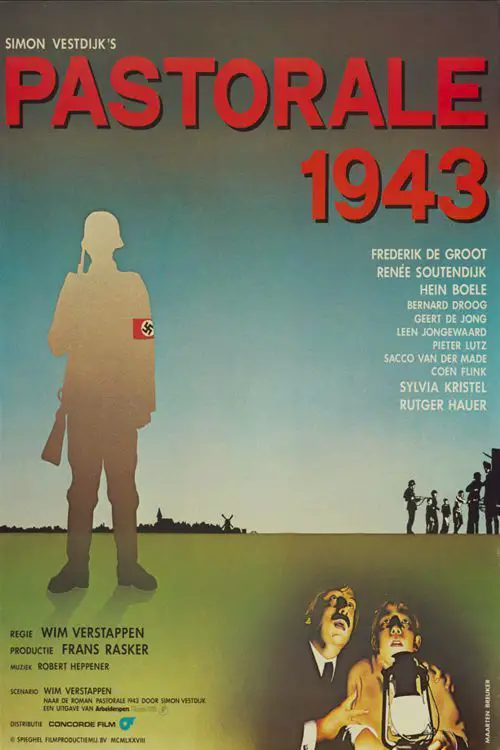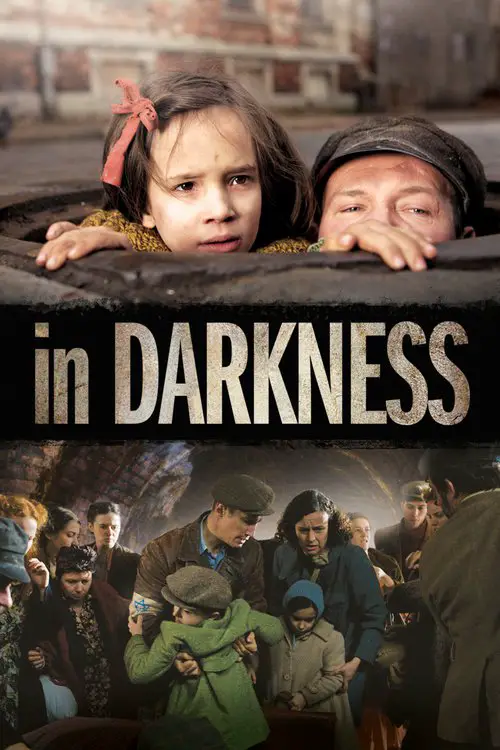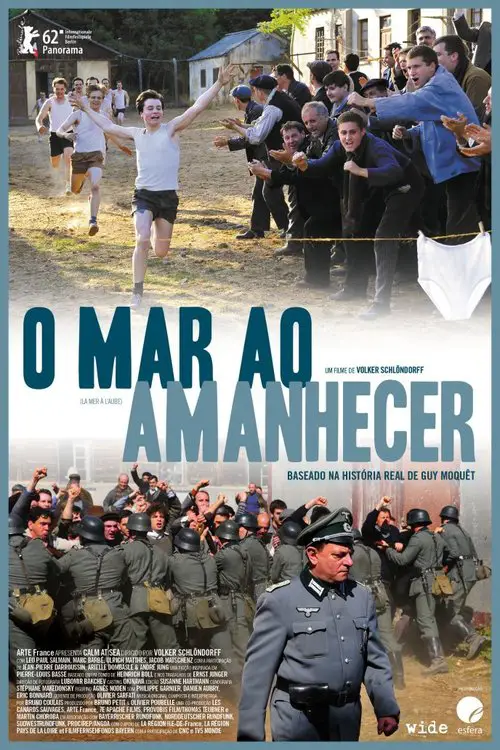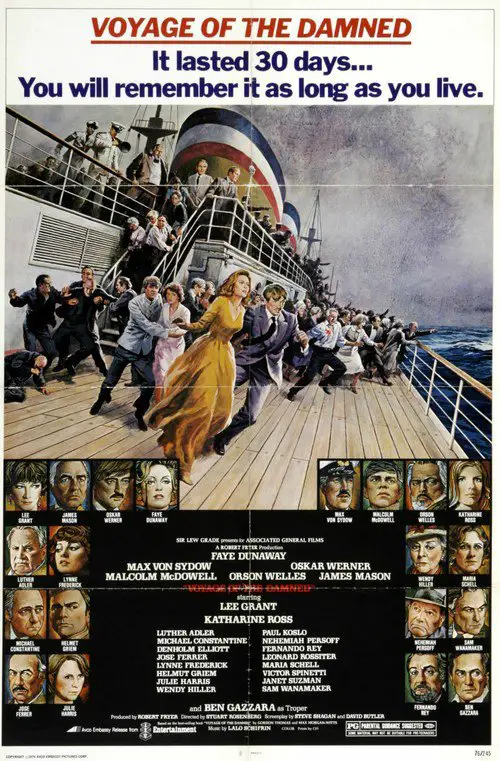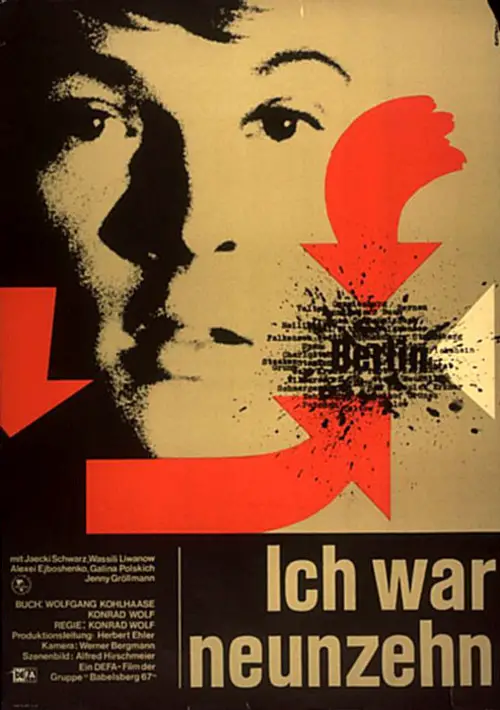Arch of Triumph (1948)
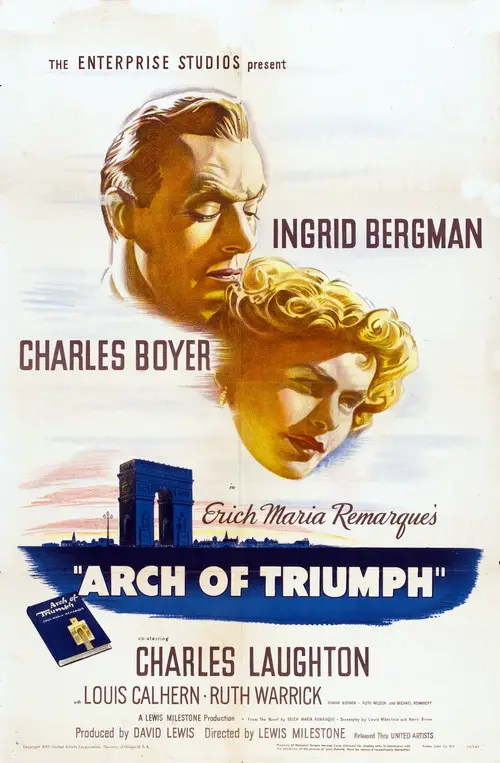
Similar movies
Arch of Triumph is a 1985 British made-for-television film based on the novel Arch of Triumph by Erich Maria Remarque, which was previously adapted in 1948 for a film of the same name with Ingrid Bergman and Charles Boyer. Dr. Ravic (Anthony Hopkins) is an Austrian doctor who helps Jews escape from the Nazis. In 1939, he meets Joan Madou (Lesley-Anne Down), a woman he saves from suicide, and their relationship flourishes until he is arrested as a refugee without documentation and realizes he has some unfinished business with the Nazis. After a prolonged separation, without explanation, the two are finally reunited and struggle to put their relationship back on the right course as mayhem breaks out all around them.
Set in the 16th century AD, the movie brings to life the tale of the doomed love affair between the Mughal Crown Prince Saleem and the beautiful, ill-fated court dancer, whose fervor and intensity perpetrates a war between the prince and his father the great Mughal Emperor Akbar, and threatens to bring an empire to its knees.
Giacomo Puccini's bittersweet opera of high-spirited bohemians and the doomed love between Rodolfo, the idealistic poet and Mimi, the consumptive flower-maker, is a beautifully balanced series of tableaux depicting the infectious joie de vivre of youth and the tragic waste of disease and separation. The legendary and incomparable partnership of Mirella Freni and Luciano Pavarotti as the two lovers has been captured in this special live recording from stage of the San Francisco Opera. Brian Large has adapted Francesca Zambello's production for video, further illuminating the fascinating interaction of Puccini's characters. Gino Quilico sings Marcello, the colorful and moody painter, whose tempestuous relationship with the flirtatious Musetta (sung by Sandra Pacetti), comically mirrors the more profound love of Rodolfo and Mimi. Nicolai Ghiaurov sings Colline.
Japan, 250 years ago. Soetsu is a moneylender who is killed by the cruel samurai Shinzaemon. His body is dumped in the Kasenega-Fuchi river. According to legend, all who drown in the river will never surface again. 20 Years later, Shinkichi, the handsome son of Shinzaemon, coincidentally meets Toyoshiga, the daughter of Soetsu. They fall in love. It is a doomed love, as the spirit of Soetsu is far from dead
In the midst of the Mariel boat lift -- a hurried exodus of refugees from Cuba going to America -- an immigration clerk accidentally presumes that dissident Juan Raul Perez and Dorita Evita Perez are married. United by their last name and a mutual resolve to emigrate, Dorita and Juan agree to play along. But it gets complicated when the two begin falling for each other just as Juan reunites with his wife, Carmela, whom he hasn't seen in decades.
The doomed love of a city girl caught in the vise of poverty is detailed in Vavraâs fluid, romantic work, one of the most elegant creations of the Czech Modernist era... The film lingers over its charactersâ habitats and haunts, finding psychological truths in what each owns or desires, and countering every Hollywood-ready scene of gleaming restaurants and dazzling penthouses with realist moments of employment lines and crammed flats. Vavraâs classical camerawork and aura of romantic defeatism give Virginity a force comparable to the master of this genre, Hollywoodâs Frank Borzage. (BAM/PFA)
The film tells the story of Russian emigree and the only survivor from ship crash Yanko Goorall and servant Amy Foster in the end of 19th century. When Yanko enters a farm sick and hungry after the shipwreck, everyone is afraid of him, except for Amy, who is very kind and helps him. Soon he becomes like a son for Dr. James Kennedy and romance between Yanko and Amy follows.
Tyrone Power is a pilots' pilot, but he doesn't believe in anything beyond his own abilities. He gets into trouble by flying a new fighter directly to Canada instead of to New York and letting it be towed across as the law demands, but is offered a new job ferrying bombers to war torn England. While on a layover he finds Betty Grable, an old flame, has joined the RAF as a WREN in her attempt to fight for democracy. Power joins up to impress her and in the course of his several missions begins to develope an understanding of what they are fighting for.
Viennese surgeon Dr. Braun and his daughter Leni come to a small town in North Dakota as refugees from Hitler. When the winds of the Dust Bowl threaten the town, John Phillips leads the townsfolk in moving to greener pastures in Oregon. He falls for Leni, but she is betrothed to the man who helped her and her father escape from the Third Reich. She must make a decision between the two men.
Giff Hoyt , a cafe owner in Cabo Blanco, Peru after World War II is caught between refuge-seeking Nazis and their enemies. After the murder of a sea explorer is passed off as accidental death by the corrupt local police, Giff becomes suspicious. The police chief also intimidates a new arrival Marie, and Giff intervenes to help her. Giff suspects Beckdorff, a Nazi refugee living in the area. Beckdorff, it emerges, is seeking to uncover sunken treasure.
In a building site in present-day Tehran, Lateef, a 17-year-old Kurdish worker is irresistibly drawn to Rahmat, a young Afghan worker. When Lateef is given heavier tasks to compensate for new Afghan worker Rahmat, he resents his displacement and treats Rahmat cruelly. After one of his pranks, however, Lateef discovers Rahmat's secret--he is a girl named Baran. Latif's heart softens towards Baran and he shows his new affection for her by doing what he can to ease the hardships she suffers at work. revelation of Rahmat's secret changes both their lives.Baran is a 2001 Iranian film directed by Majid Majidi, based on an original script by Majid Majidi. The movie is set during recent times in which there are a large number of Afghan refugees living on the outskirts of Tehran. Almost a silent movie, Baran won a number of awards both nationally and internationally for the director and writer Majid Majidi.
Alexandre, a TV reporter, is working for a few days in a border town, where a lot of refugees from Albania, Turkey and Kurdistan are packed in. Among them, he notices an old man and thinks he his an important greek politician who disappeared misteriously a few years ago. Back in Athens, he asks this politician's former wife to come and identify him. A slow and dry meditation about inhumanity of borders.
When a Greek fisherman leaves to fight with the Greek army during WWII, his fiancee falls in love with the local Italian commander. The film is based on a novel about an Italian soldier's experiences during the Italian occupation of the Greek island of Cephalonia (Kefalonia), but Hollywood made it into a pure love story by removing much of the "unpleasant" stuff.
Waldemar Nods, a young man from Suriname, meets the older Dutch woman Rika van der Lans and they fall in love. In pre-WWII Netherlands they could not be more different. The one black, the other white, 17 years between them and on top of that Rika already has four children with another man. They love each other, but then Rika appears to be pregnant...
During Nazi occupation, red-headed Bent Faurschou-Hviid ("Flame") and Jørgen Haagen Schmith ("Citron"), assassins in the Danish resistance, take orders from Winther, who's in direct contact with Allied leaders. One shoots, the other drives. Until 1944, they kill only Danes; then Winther gives orders to kill Germans. When a target tells Bent that Winther's using them to settle private scores, doubt sets in, complicated by Bent's relationship with the mysterious Kitty Selmer, who may be a double agent. Also, someone in their circle is a traitor. Can Bent and Jørgen kill an über-target, evade capture, and survive the war? And is this heroism, naiveté, or mere hatred?
Fictional account of what might have happened if Hitler had won the war. It is now the 1960s and Germany's war crimes have so far been kept a secret. Hitler wants to talk peace with the US president. An American journalist and a German homicide cop stumble into a plot to destroy all evidence of the genocide.
MY BROTHER'S WIFE, Wishman-heads are back in safe territory with plenty of cutaways to paintings, chairs, and shoes and awkward dubbing. But more than a roughie, this film is Wishman's take on the 40s film noir genre, with a doomed love triangle, scheming criminals, hard-boiled dialogue and a number of far-fetched plot twists amidst the typical Wishman trappings.
The story follows a Roman architect named Lucius, who is having trouble coming up with ideas. One day, he discovers a hidden tunnel underneath a spa that leads him to a modern Japanese bath house. Inspired by the innovations found there, he creates his own spa, Roma Thermae, bringing in the modern ideas to his time.
Torn straight from the headlines, Michael Winterbottom's compelling and prescient 'In This World' follows young Afghan Jamal and his older cousin Enayat as they embark on a hazardous overland trip from their refugee camp at Peshawar, north-west Pakistan. Entering Turkey on foot through a snowy, Kurdish-controlled pass, the pair again take their lives into their hands and face suffocation when they are locked in a freight container on a ship bound for Italy. From there they plan to travel on to Paris, the Sangatte refuge centre and ultimately asylum in London.
During WWII, the death camp at Treblinka had an escape, causing the Commandant at a similar camp in Sobibor to vow (actually threaten) that his camp would never experience the same thing. But those who were its captives, the Jewish laborers that had been spared from the ovens, knew that they were on borrowed time and that their only hope was to escape... the only question was how to do it. On October 14, 1943, members of the camp's underground resistance succeeded in covertly killing eleven German officers and a number of Ukrainian guards. Of the 600 inmates in the camp, roughly 300 escaped, although most were later re-captured and killed. The escape forced the Nazis to close the death camp, dismantling it and planting a forest.
January, 1920. 350,000 French soldiers remain missing in action. Major Dellaplane tirelessly matches the dead and the wounded with families' descriptions. Honor and ethics drive him; he hates the idea of "the unknown soldier." Into his sector, looking for her husband, comes a haughty, politically connected Parisian, Madame Irène de Courtil. Brusquely, Dellaplane offers her 1/350,000th of his time, but as their paths cross and she sees his courage and resolve, feelings change. After he finds a surprising connection between her missing husband and a local teacher, Irène makes Dellaplane an offer. This man of action hesitates: has he missed his only chance?
A young Jewish girl, Sarah, is looking to escape the clutches of the Third Reich after seeing her parents and sister brutally slain by a smuggler who betrayed them while attempting to escape to England. Terrified, she is sheltered by her childhood friend Jean, a homosexual in a clandestine relationship with his lover Philippe.
Jordan, 1967: displaced to a refugee camp after the occupation of their West Bank village, an eleven-year old boy and his mother enact the emancipating dream that every refugee has imagined countless times, in Annemarie Jacir's passionate and moving follow-up to her prize-winning debut Salt of This Sea. (TIFF)
This little-known German film retells the true story of the British ocean liner that met a tragic fate. Ernst Fritz Fürbringer plays the president of the White Star Line, who unwisely pressed the Titanic's captain (Otto Wernicke) to make the swiftest possible crossing to New York. Interestingly, director Herbert Selpin was arrested by the Gestapo during this film's production, and German censors banned the film for its scenes of panic and terror.
En octobre 1942, à Tobrouk, un commando français fait sauter des dépôts d'essence allemands. Quatre soldats parviennent à s'enfuir et se retrouvent bientôt perdus en plein désert. Après une journée de marche harassante, ils repèrent une auto-mitrailleuse allemande et ses cinq occupants. Un seul échappe à la mort et est fait prisonnier.
As Moscow is set ablaze by the retreating Russians, the Rostovs flee their estate, taking wounded soldiers with them, and unbeknownst to them, also Andrei. Pierre, dressed as a peasant, tries to assassinate Napoleon but is taken prisoner. As the French are forced to retreat, he is marched for months with the Grande Armée, until being freed by a raiding party. The French are defeated by Kutuzov in the Battle of Krasnoi. Andrei is recognized and is brought to his estate. He forgives Natasha on his deathbed. She reunites with Pierre and they marry as Moscow is being rebuilt.
Black Sun: The Nanking Massacre, also called Men Behind the Sun 4, is a 1994 Hong Kong film directed by Mou Tun Fei and is in many ways considered to be a follow up to the 1987 shockumentary film, Men Behind the Sun. The movie depicts the events behind the Nanking Massacre committed by the Imperial Japanese army against Chinese citizens and refugees during the Second Sino-Japanese War. Like Men Behind the Sun, the film was both criticized and praised for its brutal portrayal of the Japanese atrocities, such as the notorious contest to kill 100 people using a sword, during the early and late stages of World War II, but at the same time was questioned over historical accuracy and violence which gave the film a more exploitation feel to it.
Nominated for four Academy Awards including Best Director, Seven Beauties stars Giancarlo Giannini (Swept Away) as Pasqualino Frafuso, known in Naples as "Pasqualino Seven Beauties." A petty thief who lives off of the profits of his seven sisters while claiming to protect their honor at any cost, Pasqualino is arrested for murder and later sent to fight in the army after committing sexual assault. The Germans capture him and he gets sent to a concentration camp where he plots to make his escape by seducing a German officer.
La Traviata is a 1983 Italian film written, designed, and directed by Franco Zeffirelli. It is based on the 1853 opera of the same name with music by Giuseppe Verdi and libretto by Francesco Maria Piave. The film actually premiered in Italy in 1982, then went into general release there in 1983. It opened in theatres in the U.S. on April 22, 1983.Tenor Plácido Domingo and soprano Teresa Stratas star in director Franco Zeffirelli's lushly cinematic version of Verdi's opera La Traviata ("The Woman Gone Astray"), a story of doomed love in 1840s Paris. Violetta (Stratas), who is the mistress of a wealthy baron, hosts a lavish party to celebrate her improved health after a bout with tuberculosis. There she meets Alfredo (Domingo) and becomes smitten with him as he, she, and the guests join in the famous "Drinking Song."
Based in Calcutta during its most unsettled times in the 1970s, the film deals with the inseparable life of Bikram and Bala. The story of 2 boys, boys who became refugees. Refugees who became gun couriers. Gun Couriers who became coal bandits, coal bandits who became Calcutta's Most Loved, Most Celebrated, Most Reckless, Most Fearless, Most Powerful! A story of two happy-go-lucky renegades who came to be known as...GUNDAY!
In april 1944, an allied agent is sent to France in order to rescue an "overlord" captured by the Germans. (An "overlord" is one of the few men who knew the date and place of the "D" day). To achieve this goal, he will be supported by a secret friend of the allies, a very important German officer and the French resistance. But the nazi SS is not resting...
A tale about Vietnamese refugees sent to an orientation camp on the Camp Pendleton Marine Base in California, 'Green Dragon' focuses on a young boy and his sister. Set in 1975, the film chronicles the stories told to the two children by other refugees in the camp and of Tai Tran, who dares to introduce himself to Sergeant Jim Lance. In developing a relationship with Lance, Tran is able to improve
A dramatization of one man's rescue of Jewish refugees in the Nazi-occupied Polish city of Lvov. In Darkness tells the true story of Leopold Soha who risks his own life to save a dozen people from certain death. Initially only interested in his own good, the thief and burglar hides Jewish refugees for 14 months in the sewers of the Nazi-occupied town of Lvov (former Poland).
April 1945: Gregor Hecker, 19 years of age, reaches the outskirts of Berlin as part of the Red Army's scouting team. Having fled Germany with his family when he was eight, he is confronted with the dilemma of having to fight men from the very country he was born in. Through dealing with challenging situations (e.g. he is appointed commander of Bernau, talks to many disillusioned Germans, and is once and again attacked by scattered groups of German soldiers), he grows more confident that not all hope is lost for post-war Germany.
© Valossa 2015–2026
| Privacy Policy
